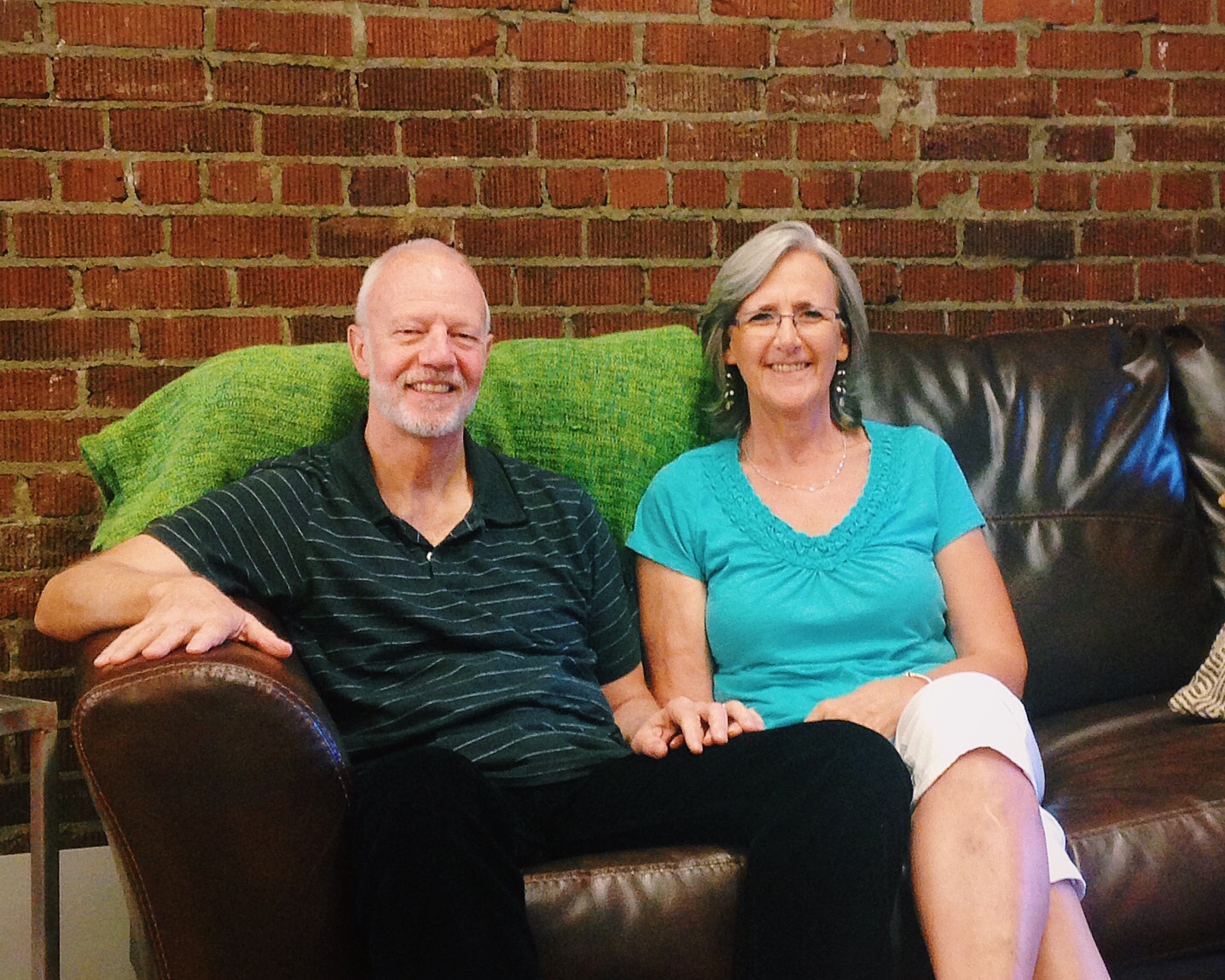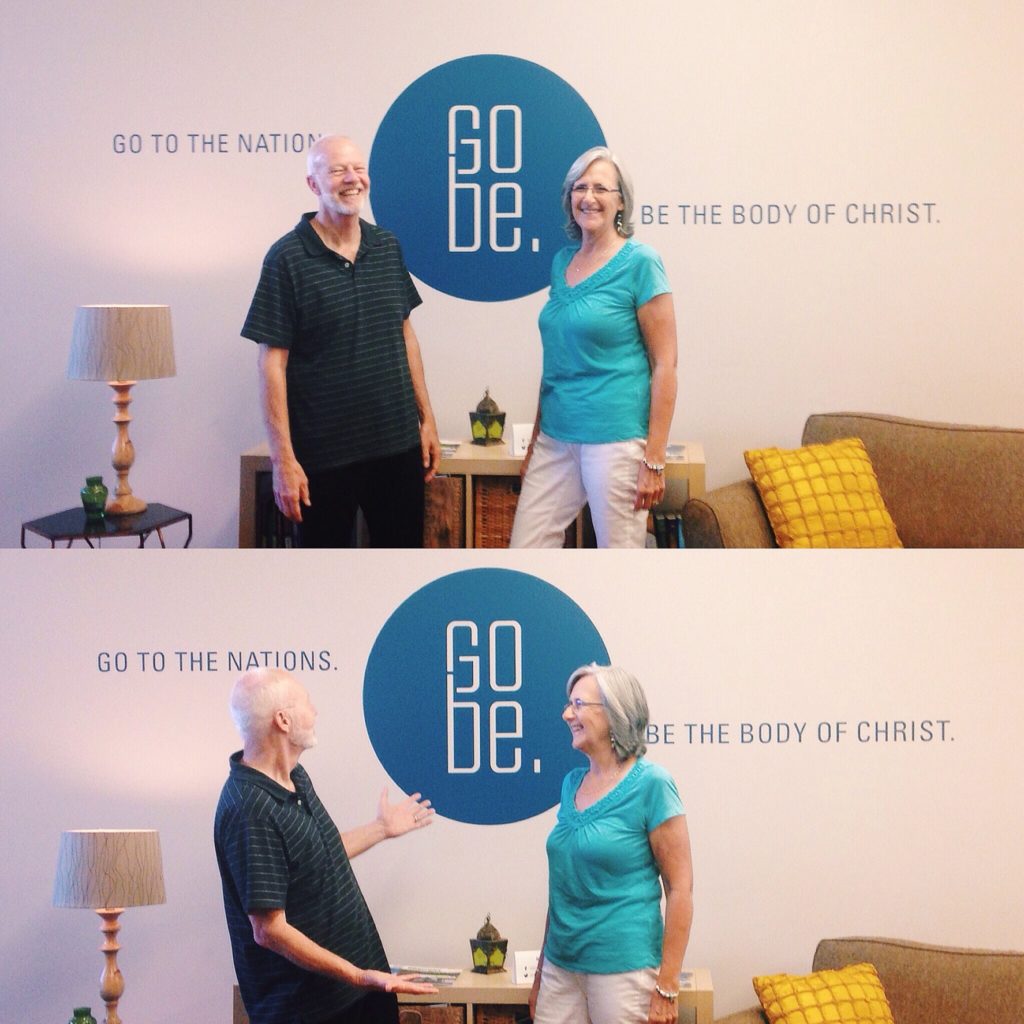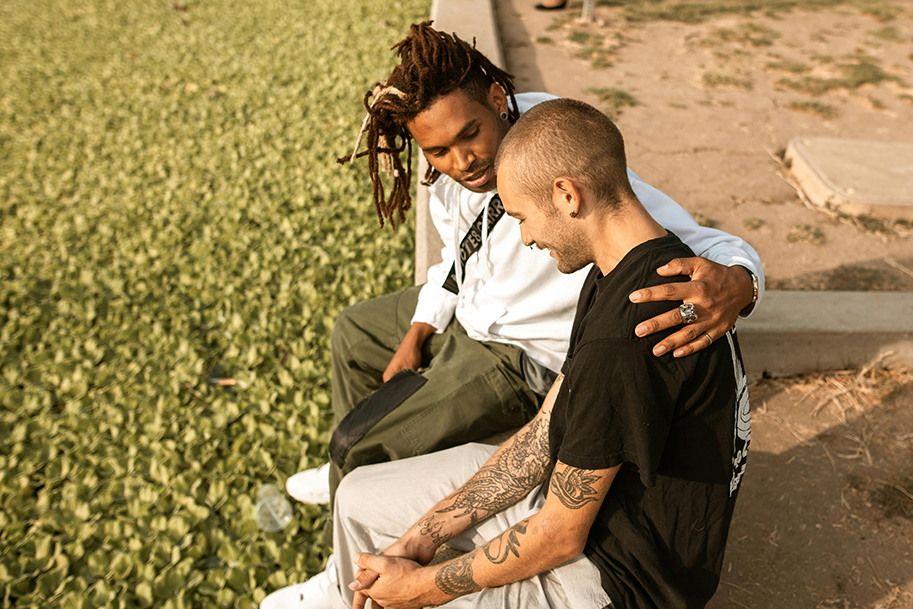
Missionary Life
An Interview with Missionaries to Australia
September 29, 2015
by admin

Ray and Marti Williams are TEAM missionaries in Adelaide, Australia with a 30-year tenure overseas. Recently, on a stateside visit, the Williamses sat down with TEAM in Maryville, Tennessee, to share their take on calling, authenticity and what it means to be a “mate.”
Often, we hear of people being “called” to missions, which can be quite abstract. Can you articulate how God has called you?
Marti Williams: I personally was called to follow the Lord in career missions as a 14-year-old at a youth rally. And God reminded me of that as I got older. … Sometimes you have to take a step and God confirms it afterwards.
Ray Williams: I see kind of three different categories in the way God calls people, and sometimes it’s a combination. Some people are called to a specific people group or a specific area. …
I’ve seen other people that feel like they are called to partner with a specific organization. You know they say, “I’m so in line with what TEAM wants to do in this world that I want to be a part of TEAM,” and the location and the job description are not as important. …
And there are others that may feel a call to a specific type of ministry. Mine was more type of ministry. I want to see people understand God’s principles and start living like that—whether, I did it in Zimbabwe, [the Middle East] or Australia.
What are some reasons that someone shouldn’t be a missionary?
RW: If holding on to what you have already is too important to you, then you shouldn’t. You need to be willing to let go of almost anything: the location you live in, the lifestyle, your goals, being near family, having your own opinions about things. Because when you work in a different culture, they see the world very differently, and if your way of looking at things is so important to you that you can’t change, then it’s going to be very frustrating for you, and you’re not going to be very effective. So you want to keep the gospel central, but everything else has to be negotiable.
MW: I would also say that, you shouldn’t be a missionary if you don’t feel that God has called you to it. … If you’re there because you feel noble, if you’re there because the church sent you there, if you’re there because you think it’s a good thing to do, it’s not going to be enough to keep you there, because there are times when it gets really hard and you just stick it because God has you there, and you know that you need to be faithful and obedient.
For many who desire to serve overseas, fundraising can seem daunting. What has your experience been through decades of raising support?
MW: We’ve got churches that have stood with us for 30-31 years [since] before we even went to the field. … They’ve watched our children grow up; they’ve prayed us through difficult situations. We’ve come back every home assignment and we go and visit. They’re our friends. …
So if you look at it as fundraising, it can be very much a heavy burden, but if you look at it as friend development and ministry team development, then … it’s not about us; it’s not about what we’re doing; it’s about what God is allowing us to be a part of … and they’re coming along with us as the team.
[The support] will come from the people and the places and the churches that you don’t expect. But then you know it’s coming from God, and he’s raising up your team to stand with you.

Ray and Marti have served on three continents together as missionaries.
We often think of Australia as a Christian nation. What’s the biggest spiritual need in Australia?
RW: Passion. Australia is a very comfortable place to live. … Most people don’t feel like they need God. The weather’s nice, the government’s generous … and yet at the same time, they are searching—especially the younger folks: the under 36, the under 30. Sadly, they seem to have decided that historic Christianity is not the solution, so they are getting into a lot of spirituality that doesn’t have much logic or any tangible roots. They just think, “There has to be more,” so they make up their own.
What is the biggest bridge to the gospel in Australia?
MW: You have to be authentic and genuine in Australia. When you look at a culture and they have a gazillion different words for one thing, you know that’s important in their culture, and they have so many slang words for being authentic or genuine. They have fair dinkum, dinky di, ridgy didge, true blue. …You have to prove yourself as being genuine and authentic, and that takes relationship in order to be able to do that.
They have something in their culture that they call “mateship.”… You know how they say, “G’day mate?” Americans can interpret that as just as “Hi, friend,” but it’s not that at all. … If you get called a mate, it has obligations that you have to meet, so it’s a very significant thing. They take friendship very seriously.
RW: And if you’re ever going to listen to somebody about something important like a relationship with Jesus, then the person you’re going to be most likely to listen to is your mate.
Describe what ministry would like for someone wanting to serve with TEAM in Australia.
RW: You’d have to be willing to come in and work with, and most likely under, Australian leadership. … So what you’d be doing is evangelism and discipleship. You might have some teaching opportunities in a small group setting or preaching opportunities, but we don’t do medical work. We’re not trying to set up big institutions of any sort. We’re trying to go out and connect with people and tell them about Jesus.
With a growing spiritual need and opportunity for the gospel in North America, how do you respond to someone who asserts that you should stay “here” instead of serving overseas?
RW: The tourist literature calls Adelaide the city of churches, but really it’s the city of church buildings. … We just took half a day and went around taking pictures of church buildings that are not churches any more. They are nightclubs. They’re restaurants. They’re daycare centers. There was one that was a lingerie store, a doctor’s office, a mortgage company. And they all used to be church buildings, and now they’re deserted. They’re used for other things.
If you took all the people in the world … and went around and asked them all, “Are you a Christian?” about a third of the people in the world would say, “Yes.” … Another third of the people in the world live close enough to that third, so that they could be exposed to the gospel without anything unusual or unique happening. But a third of the people in the world live in a situation where they could live their whole lives and die and never be exposed to somebody that could share the gospel with them. …
America fits mostly into that first third. Most of the people in America would either say they’re a Christian or be very near someone who was. Australia is mostly in the second third. Yeah, there are some believers there but most of the Australian people have no idea about the gospel. … So I would say, if you want to focus on the third that says they’re Christians but may or may not be, you can stay here. But if you’re really concerned about the other two thirds, Australia is a pretty good place to start.
Did you catch the latest photo journal from Australia? Click here for a day-in-the-life look at ministry and culture in Australia told through photos.

